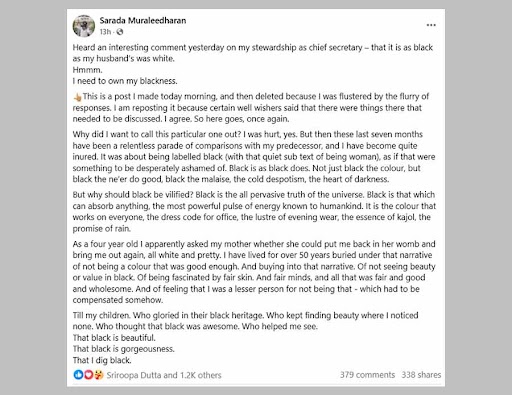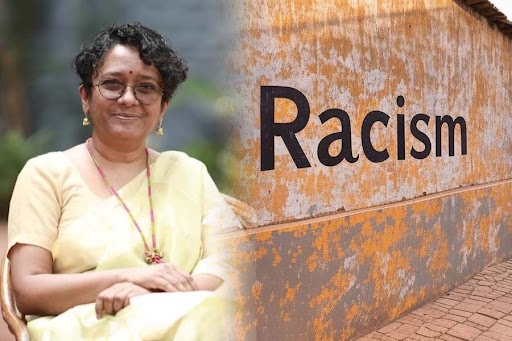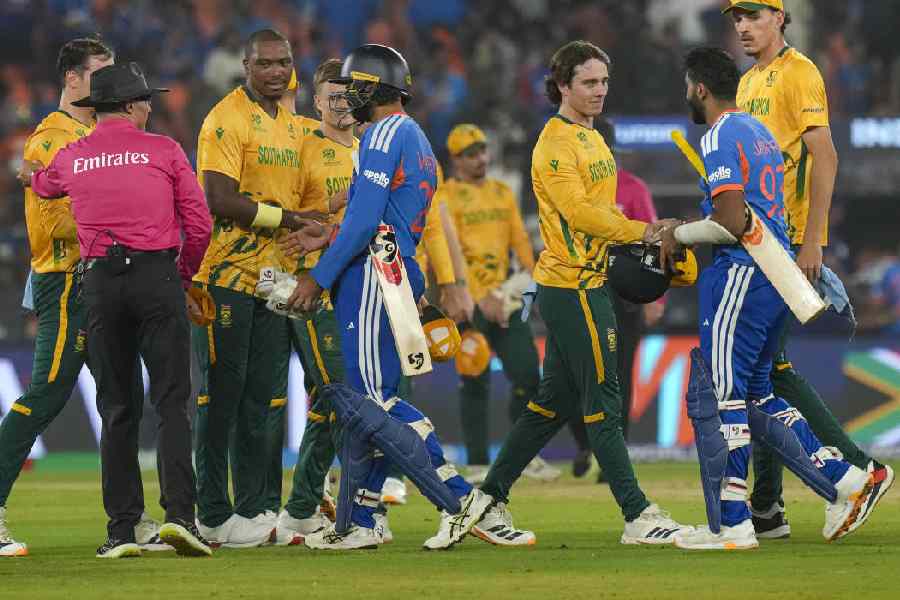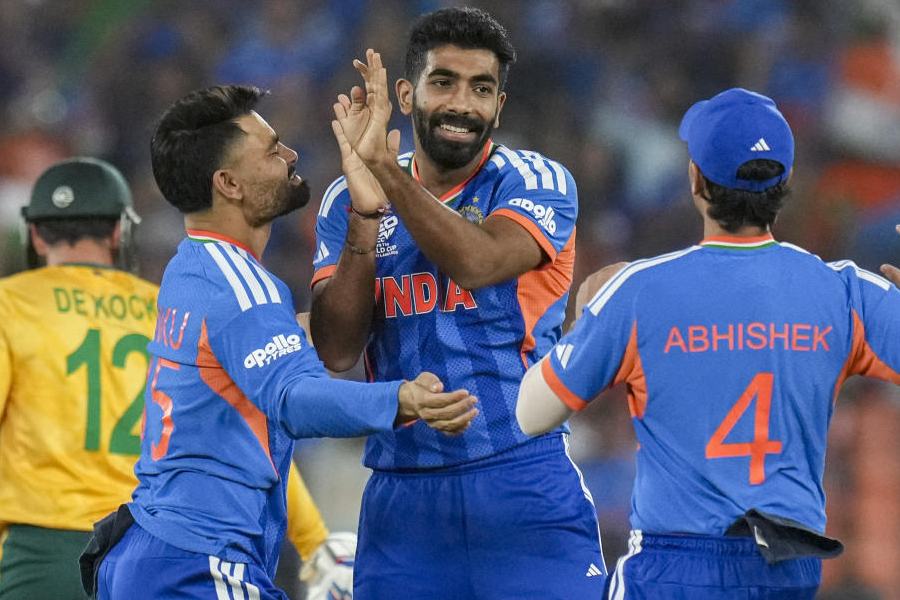Kerala IAS officer Sarada Muraleedharan has taken the fight to racist allegations. What is usually brushed under the carpet in most cases has been fearlessly flagged on social media by the 1990 batch officer.
Fighting back at such racist barbs she claims to have faced, Muraleedharan stated, “Heard an interesting comment yesterday on my stewardship as chief secretary – that it is as black as my husband’s was white. Hmmm. I need to own my blackness.”
Laying bare the prejudice
With those words in a Facebook post, Muraleedharan laid bare a prejudice so deeply woven into Indian society that it often hides in plain sight.
It was not just about a professional comparison. It was about being reduced to the colour of her skin, as if that alone defined her competence.
She initially deleted her post. Then, as messages of support poured in, she put it back up.

“It was about being labelled black (with that quiet subtext of being a woman), as if that were something to be desperately ashamed of,” she wrote.
Muraleedharan’s words were more than just a response to an insult.
India's colonial hangover that 'dictates beauty'
The idea that fairness equates to success is not new to India. From matrimonial ads seeking “fair” brides to Bollywood’s love affair with fair-skinned heroines, the message has always been clear: fair is superior. Dark is undesirable.
Even within government spaces, where merit should be the only criterion, colourism stands strong.
Muraleedharan's own childhood was marked by a bias. As a four-year-old, she once asked her mother if she could be “reborn fair,” believing that whiteness was the key to being valued.
It took her children, who embraced their dark skin with pride—to make her unlearn what society had drilled into her.
“That black is beautiful. That black is gorgeousness. That I dig black,” she wrote at the end of her facebook post.
Society that still judges by skin
Muraleedharan is not alone in facing colourist remarks. Many prominent Indians have spoken about the discrimination they endured because of their skin tone.
In the entertainment industry, Tamil filmmaker Atlee, who directed Jawan, was subtly mocked for his appearance on The Great Indian Kapil Show.
In one segment, Kapil is seen asking Atlee, “When you get to meet a star for the first time, do they ask, where is Atlee?”
Atlee responded with grace: “I’m actually very thankful to AR Murugadoss sir because he produced my first film. He didn’t see how I was looking or whether I’m capable or not. But, he loved my narration. I think the world should see that. We should not judge by appearance. You have to judge by your heart.”
Kapil Sharma later defended himself on X, but the damage was done. The exchange struck a nerve, revealing just how deeply ingrained these biases are. Even in lighthearted conversations.
Enter Masaba
Fashion designer Masaba Gupta has also spoken about facing discrimination as a child.
In a conversation with journalist Barkha Dutt, she recalled a friend who would bring up her skin colour whenever she sought advice on clothes, studies, or sports.
“You need a certain amount of grit and resolve to power through those moments,” she said.
And then there is Muna Beatty, an anti-colourism advocate who wrote for Al Jazeera about her struggles with fairness creams as a child. “Indian society believes skin colour determines a person’s worth,” she wrote, recalling the endless home remedies-turmeric, curd, gram and products her family applied to make her lighter.
For centuries, India’s preference for fair skin has been reinforced by Bollywood, and the beauty industry.
Spotlight on B-Town songs
Take for example, one of the most iconic Bollywood songs—Hum Kale Hai Toh Kya Hua, Dil-waale hai. It was meant to be progressive, yet betrayed the impossibility of dark-skinned protagonists finding love.
The hero, played by Mehmood, must convince a fair-skinned woman that he is worthy of her affection!
But Muraleedharan today has held up a mirror to society, forcing it to acknowledge that such biases are still weaponised. Even against a woman who has reached the highest bureaucratic position in the state.
Black is not a weakness. It is not a shortcoming. And, as Muraleedharan so powerfully stated in her post, black is beautiful. Black is gorgeousness.










